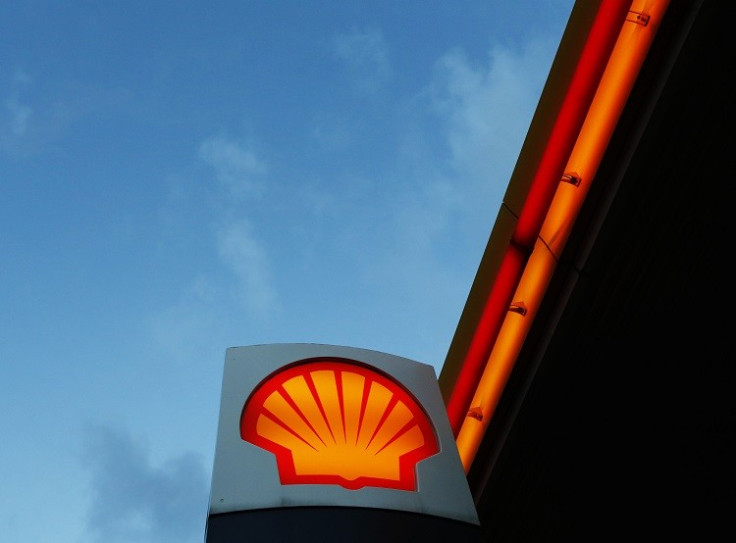Royal Dutch Shell: Worsening Nigeria Security Dents Oil Giant's Earnings [VIDEO]

Royal Dutch Shell's on-going security issues in Nigeria weighed on third quarter earnings, sending the oil giant's shares down by as much as 5% in early trading on the London Stock Exchange.
Shell reported a fall in earnings to $4.2bn (€3bn, £2.62bn) during the third quarter, on a current cost of supplies basis, down from $6.2bn in the same quarter a year before.
Oil theft in Nigeria is a problem for Shell. Moreover, rival militias in the poverty-stricken country engaging in violent battles for resources have intensified security concerns - and raised costs - for those operating in Nigeria.
As well as the Nigeria production problems, Shell said its earnings were hit by significantly weaker industry refining conditions and production volume impacts from maintenance and asset replacement activities.
"We are facing headwinds from weak industry refining margins, and the security situation in Nigeria, which continue to erode the near term outlook," said Peter Voser, Shell's chief executive.
At 9:22am GMT in London, Shell shares were down 4.54% on the day at 2,084.50p.
The firm said third quarter production fell to 2,931 thousand barrels of oil equivalent per day (boe/d), against 2,982 thousand boe/d in the same period a year before.
Liquids production was down by 7%, but natural gas production rose 5% on an annualised basis in the third quarter.
"The deteriorated operating environment in Nigeria impacted production volumes by some 65 thousand boe/d compared with the third quarter 2012," said Shell.
Despite the current difficulties, Voser was optimistic about the Shell's future outlook.
"Shell has a strong project flow in place for 2014 and beyond. We have started up a series of new oil and gas fields in the last few months, in deep water, integrated gas, and in our longer-term plays such as Iraq," he said.
"These new fields are part of a project flow that will drive Shell's cash flow in 2014 and beyond, coming alongside a reduction in net spending next year as we work through a series of acquisitions, and increase the pace of asset sales.
"The company is rich with new investment opportunities - in the next few quarters Shell's capital discipline means we will need to make hard choices between the best new investment opportunities from this industry-leading portfolio."
In January 2013, a group of Nigerian farmers who sued Shell for allegedly polluting villages in the Niger Delta region lost their landmark case in The Hague Civil Court.
The four villagers from Goi, Oruma and Ikot Ada Udo had accused the Dutch company of environmental mismanagement, which they claimed led to leaking pipelines poisoning fish ponds and farmland.
The farmers insisted that as a result of oil spills, their crops and fish-farms were damaged and their livelihoods destroyed.
However, Shell was acquitted by judges.
© Copyright IBTimes 2024. All rights reserved.







